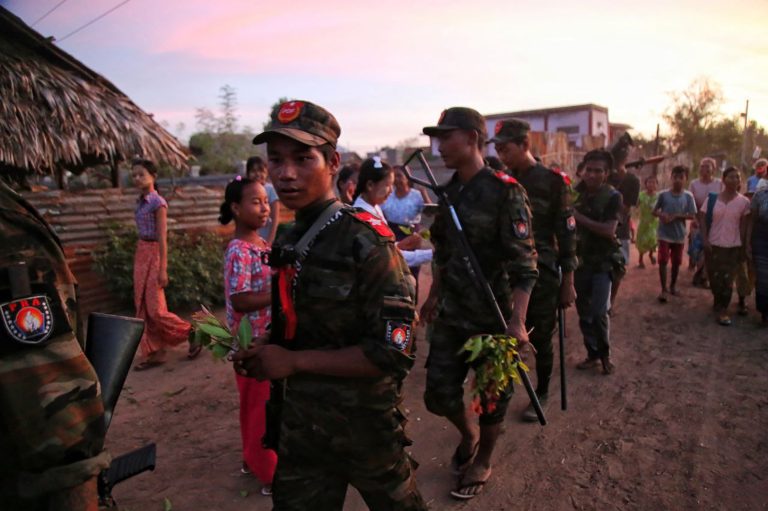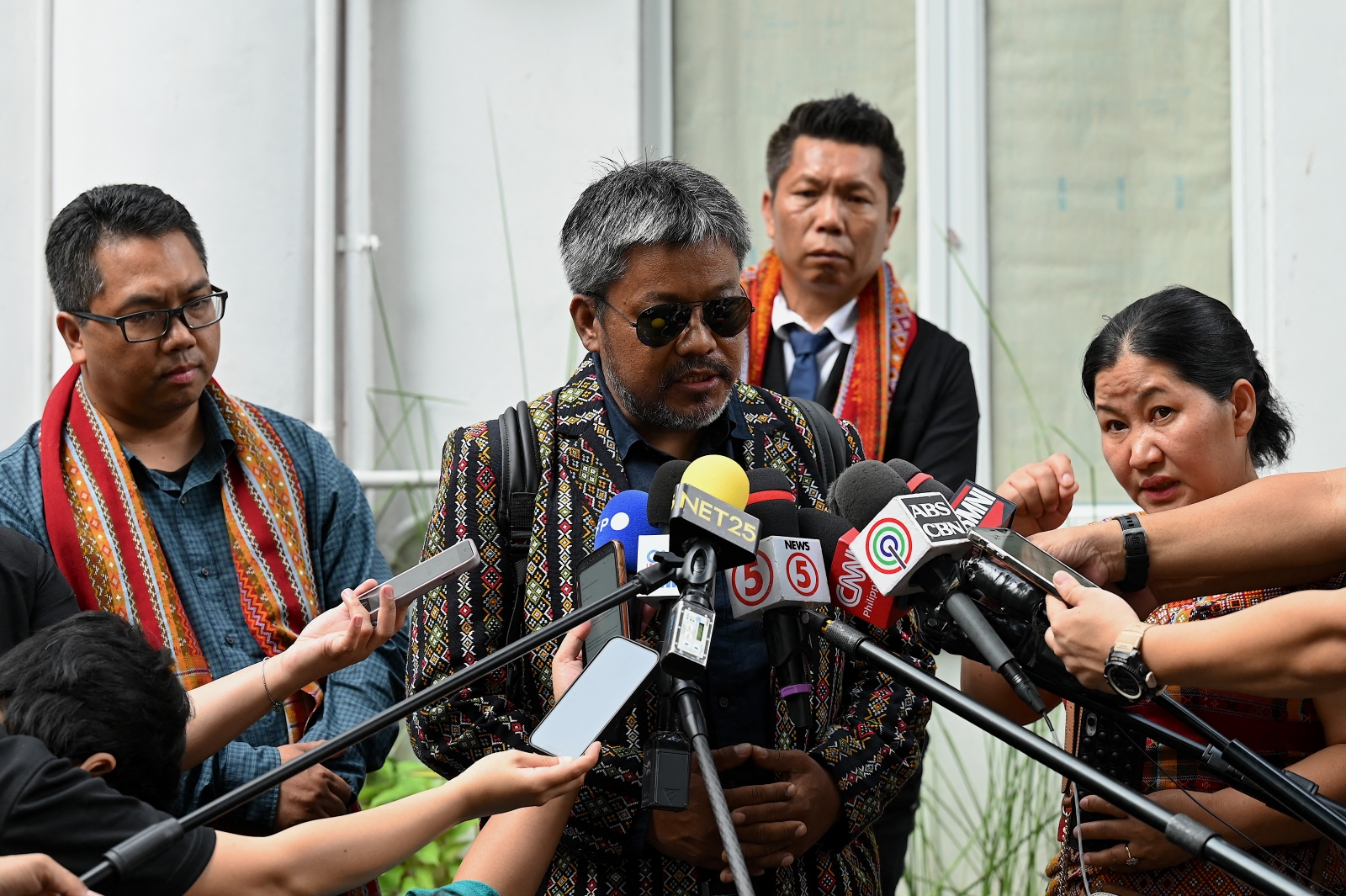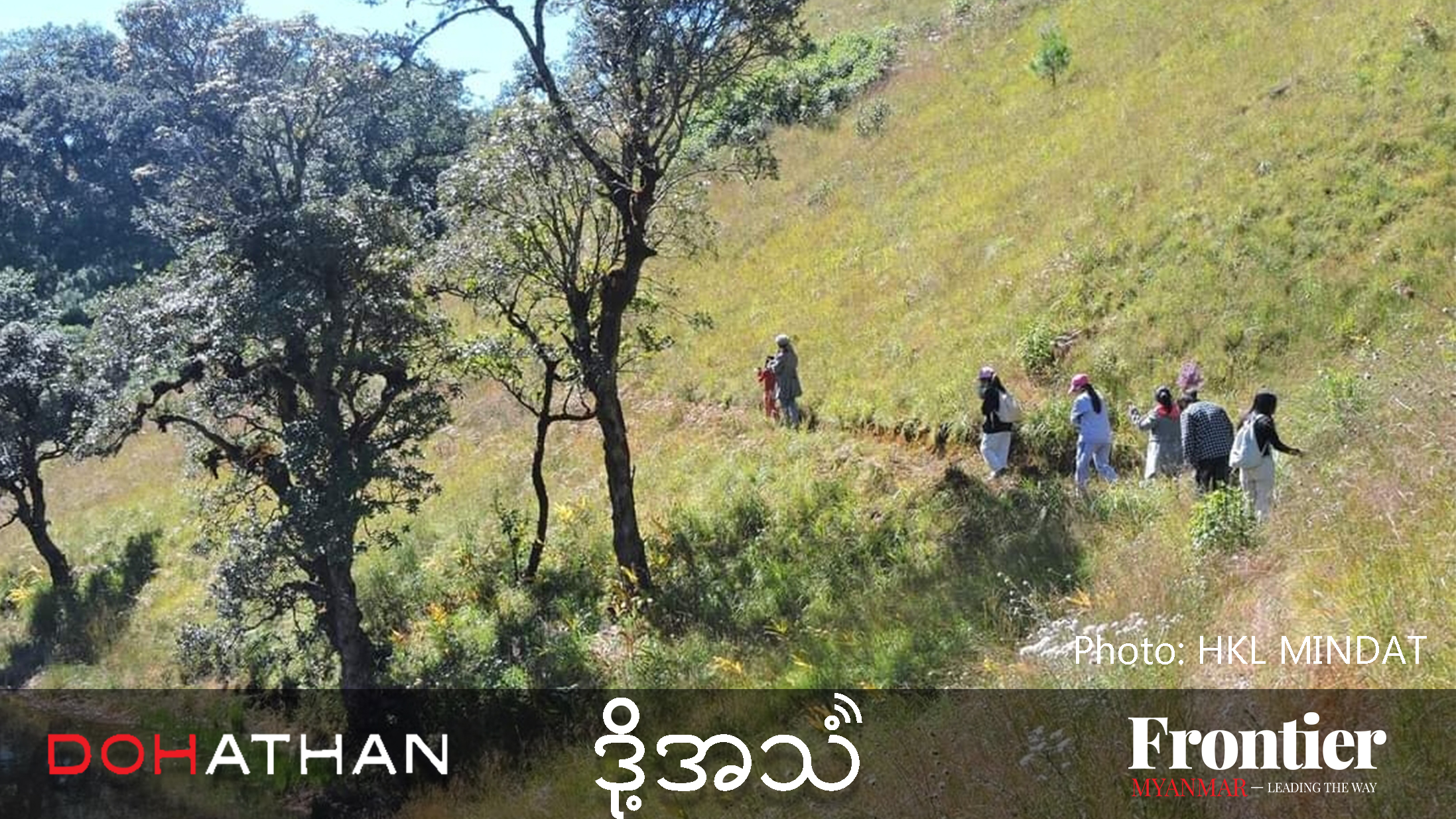Chin State was hit hard by the extreme weather of July and August, with widespread flooding and landslides that left many houses and farming areas covered by mud. The government and international and domestic organisations are providing aid and helping with reconstruction but the state’s residents have more to think about than the November election. The Union Election Commission has said voting in Chin State might be postponed but it will not be cancelled. I would like to focus on the politics of Chin State, including likely election winners and what voters want from its political parties.
About five parties participated in the 2010 election in Chin State. The National League for Democracy boycotted the election nationally and parties to which it was allied in Chin also boycotted the ballot. The parties that competed in the state in 2010 included the Chin National Party (CNP) and Chin Progressive Party (CPP), representing the Chin people at a state level, and the Union Solidarity and Development Party and the National Unity Party. The two Chin parties each won five seats in the 24-member state hluttaw, with seven going to the USDP and six taken by non-elected military representatives. The two Chin parties also won 10 seats in the Union parliament.
The situation is markedly different for the 2015 election. The three main Chin parties contesting the election are the CPP, Chin National Democratic Party and Chin League for Democracy. There are also nine smaller tribal-based parties, including the Zomi Congress for Democracy, the Zo Nationals Region Development party, Ethnic Nationals Development Party and the Khu Mee National Party. The USDP and the NLD will also field candidates in most of Chin State. It was shaping up to be a crowded field with intense rivalry among the parties.
Chin parties responded to this situation at a meeting in July, when they agreed to integrate and ally with each other. The decision was formalised in what was called the ‘Election Cooperation Agreement of Chin Family Political Parties’. They agreed that the leaders of each of the 12 parties should contest the election and not campaign against each other. The objective is to ensure that the leaders win the state hluttaw seats they contest.
Despite the agreement, nearly all of the Chin parties have registered candidates in most of the state’s constituencies. Salai Aike Zat Khin from the Ayechan Myanmar Social Development Organisation who led the negotiations at the July meeting said he hoped the Chin parties would cooperate with each other. The reason why the parties have not respected the agreement is because it was approved by party leaders without having the support of rank and file members.
Support more independent journalism like this. Sign up to be a Frontier member.
The Chin parties want to win the most seats in the state hluttaw because they want one of their members to become chief minister. To achieve this, the Chin parties must win 13 of the 18 contested constituencies.
A priority concern of the Chin people is more development for their state, one of the country’s poorest. They will only vote for candidates who promise more development. Ahead of the 2010 election, an armed group, the Chin National Front, agreed a ceasefire with the government and carried out development work in the state. Because of its development work, the CNF enjoys broad popular support and the parties allied with it can expect to perform strongly in the election.
Tribal affiliations will also count heavily in the success of the state’s parties.
For these reasons, big outside parties such as the USDP and the NLD are unlikely to win many seats in Chin State.







